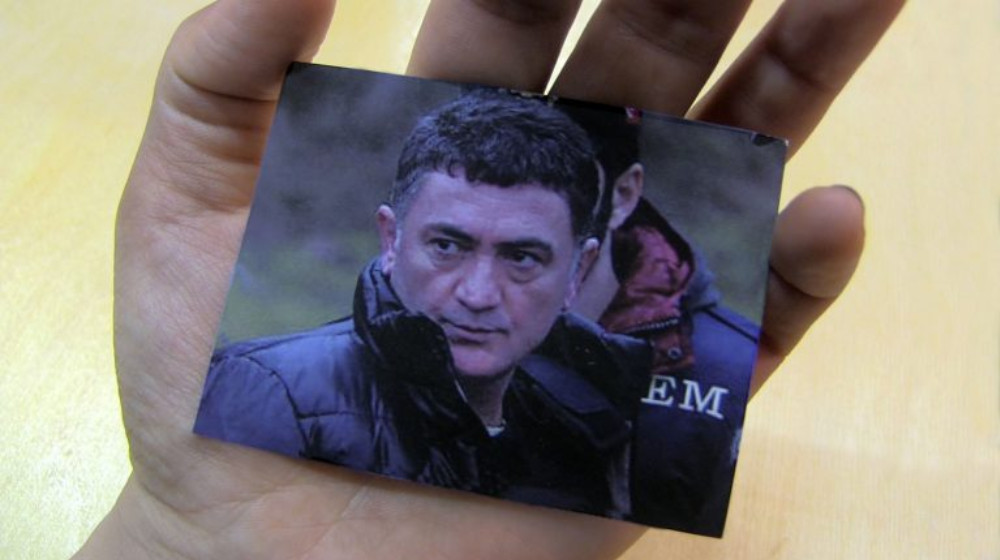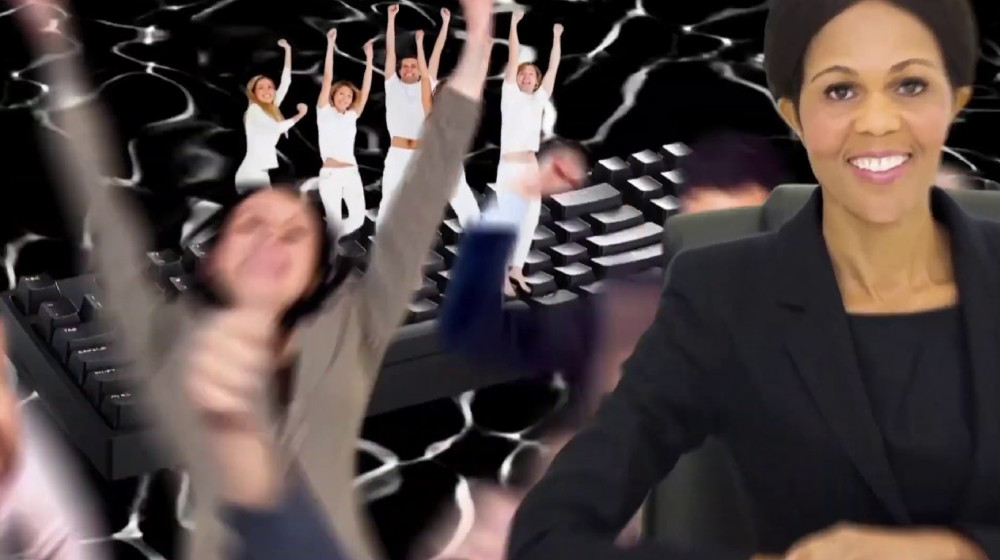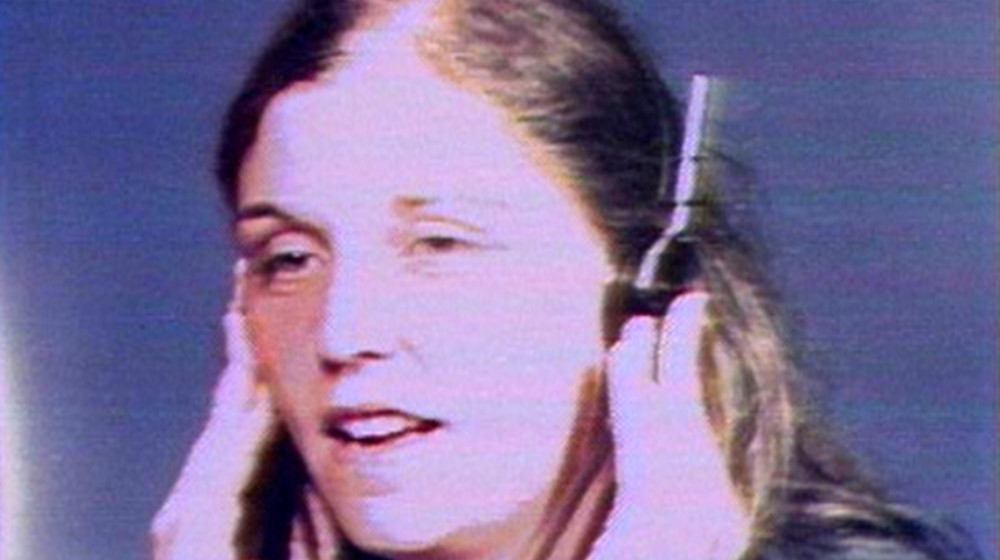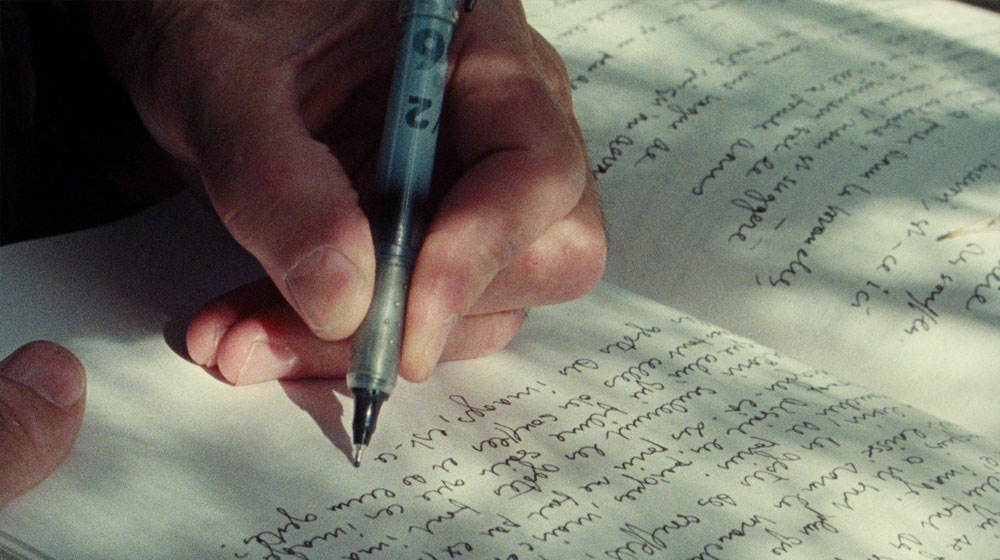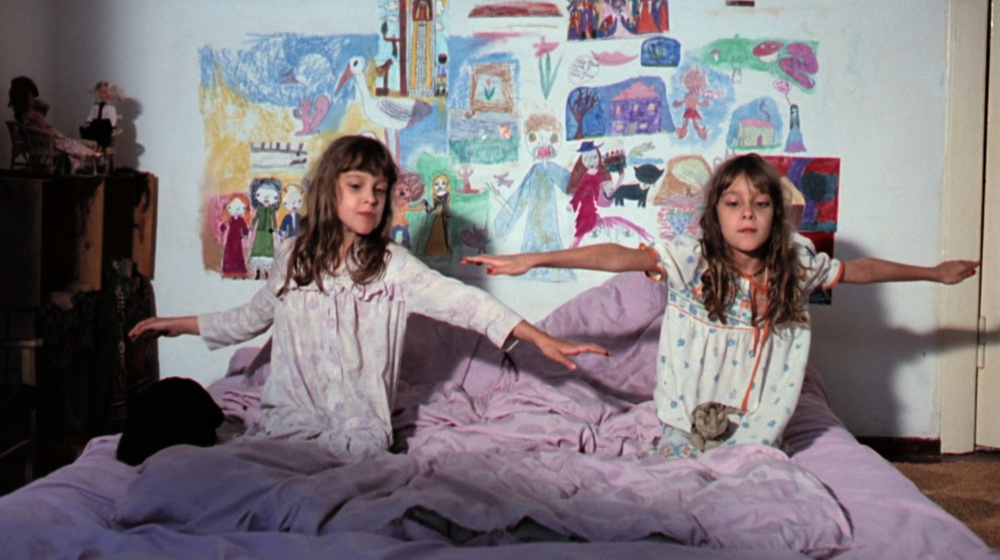Language defines what is human. Our specific system of symbolic communication makes it possible to name the world, to exchange concepts, ideas and feelings as well as to provide, obscure or encode information. In the digital era, new technological tools have brought about a profound change in the way information, thoughts and emotions modulate communication and affect the way we think and comprehend reality. How has this emotion-oriented form of language created a fabricated reality and downgraded the importance of facts as the foundation of social and political debate in the construction of opinion and truth? Affected Words takes a critical look at how digital technology is being used to reproduce and disseminate power structures and calls for its emancipation, for critical resistance and self-determination on the part of individuals and the community.
Language provides a means of mapping and categorising the world that brings order and clarity but inevitably leads to both inclusion and exclusion. The devices used to produce knowledge are often under the influence of institutions and instances of power. How we see and understand the world has changed throughout history, giving rise to different paradigms that affect the order of things and the perception of reality. In a post-democratic regime as described by Jacques Rancière, where all democratic institutions are in place (freedom of expression is respected and parrhesia as the act of speaking freely is widely practiced), the dissemination of information and data processing should be based on transparency. However, even in this optimal situation, the cherry-picking of facts, manipulation of information and fake news are common practices in the digital media, which also coexist with the severe censorship of totalitarian political regimes. This programme reflects on the critical aspects of encyclopaedic knowledge, the possible futility of language as a communication tool and the fabrication of journalistic and corporate truth.
73 Suspect Words, Peggy Ahwesh, 2001, 4 min; H is for House, Peter Greenaway, 1976, 9 min; Encyclopædia Britannica, John Latham, 1971, 6 min; Sea-me-we (Chapter two: Of all Wired Blocks Holding a City), Virgile Fraisse, 2017, 29 min; Ayhan and Me, Belit Sağ, 2016, 14 min; Ihre Zeitungen (Your newspapers), Harun Farocki, 1968, 17 min.
Digital projection. Original language with Spanish subtitles. Copies courtesy of Electronic Arts Intermix, LUX, Virgile Fraisse, Belit Sağ and Antje Ehmann.
This project was originally commissioned by IMPAKT, Centre for Media Culture, Utrecht, The Netherlands.
Other sessions
